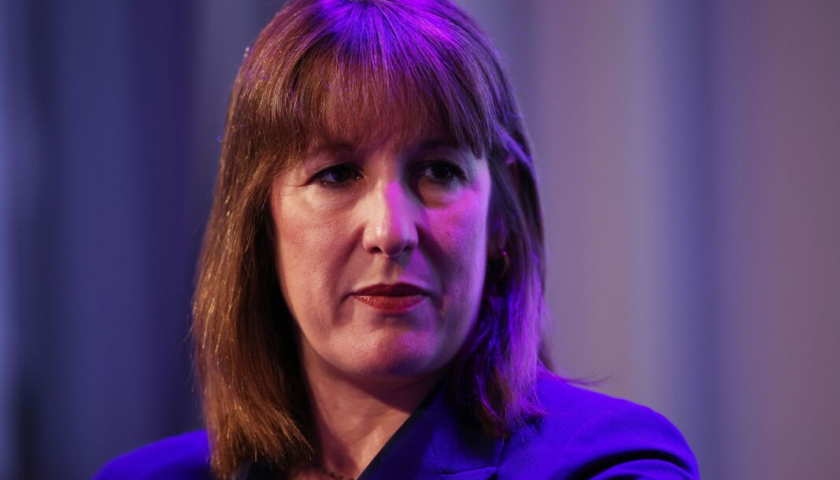As the House of Lords prepares to examine the Renters’ Rights Bill today (22 April), property experts are sounding the alarm over its potential to harm the tenants it aims to protect.
The legislation, entering its committee stage for detailed scrutiny, promises sweeping reforms but could inadvertently drive-up rents and shrink the availability of affordable homes.
The Bill introduces significant changes to the private rented sector, including abolishing Section 21 ‘no-fault’ evictions, ending fixed-term tenancies and banning landlords from accepting bids above advertised rents.
The new will also mandate Section 13 notices for rent increases and prohibit pre-tenancy rent payments.
Labour claims these measures will provide renters with ‘greater security and stability’.
Destabilise the PRS
However, leading industry voices warn of unintended consequences that could destabilise the housing sector.
Oli Sherlock, the managing director of insurance at Goodlord Group, points to ‘significant questions’ about the Bill’s impact.
He said: “This Bill is ostensibly an attempt to make life easier and more secure for ordinary renters.
“However, with concerns mounting over the impact these changes could have on tenants, significant questions remain about the potential harm this legislation could do to the very people it’s intended to protect.”
Higher rents for tenants
Mr Sherlock warns that banning bidding wars might push landlords to inflate initial rent prices, leading to a swift rise in rents.
He also notes that scrapping Section 21 could result in more disputes escalating to court, leaving tenants with County Court Judgements (CCJs) that damage their credit and limit future housing options.
Also, extending the notice period for arrears from two to three months could trap renters in deeper debt, as resolving arrears becomes harder over time.
Worry of landlord exodus
The most concerning risk to tenants is the triggering of a landlord ‘exodus’ as investors flee the PRS.
Mr Sherlock said: “With the increased pressure of these changes coming on top of the potential costs of complying with measures such as new energy performance certificate requirements, there’s a danger this Billwill be the straw that breaks the camel’s back for many across the sector.
“Without serious action to address these concerns, we could see a landlord exodus when the new rules are introduced.”
He added: “If that happens, the supply of affordable housing will be reduced and rents will only increase, further exacerbating the problems faced by tenants.”
Bill must be fair
Timothy Douglas, the head of policy and campaigns at Propertymark, urges the government to heed Lords’ amendments to ensure fairness.
He said: “The government must listen to Peers and act on amendments to the Renters’ Rights Bill to strike a fair and workable balance for all parties involved.”
Mr Douglas welcomes proposals like mandatory letting agent qualifications, retaining optional fixed-term tenancies and increasing court capacity post-Section 21 abolition.
He also stresses the need for short-term let registration and ongoing legislative reviews to keep reforms evidence based.
Student housing risk
Students, already grappling with the cost-of-living crisis, face unique risks, one sector expert warns.
Calum MacInnes, the chair of SAPRS (Student Accredited Private Rental Sector), warns that the Bill threatens the student housing system.
He said: “The government continues to ignore warnings from the higher education sector about the risks the Renters’ Rights Bill poses to student housing.”
Retaining fixed-term tenancies for student rentals, he argues, would secure renters while ensuring properties are available for new students annually.
He adds: “If the Bill remains unchanged, the student housing system – and with it, access to higher education – faces the risk of being irreparably damaged.”
Contact one of our highly experienced mortgage advisors today on 0121 500 6316 to discuss your mortgage needs.



